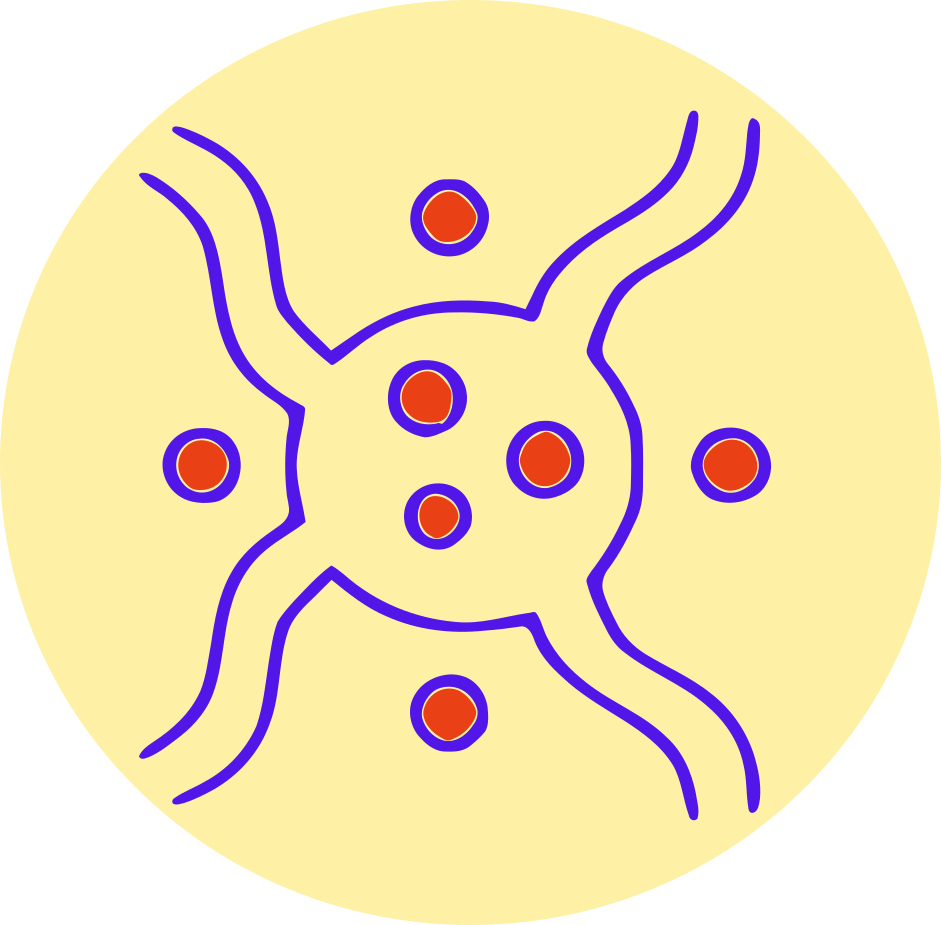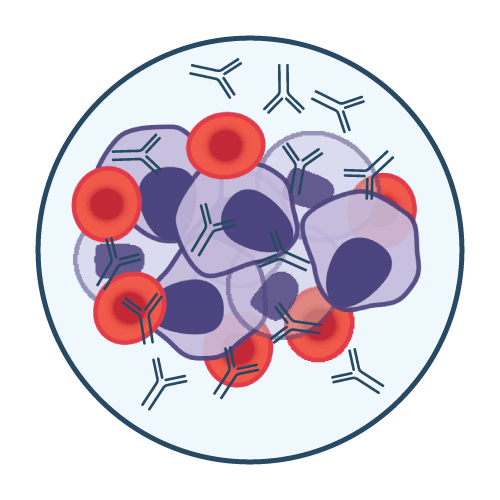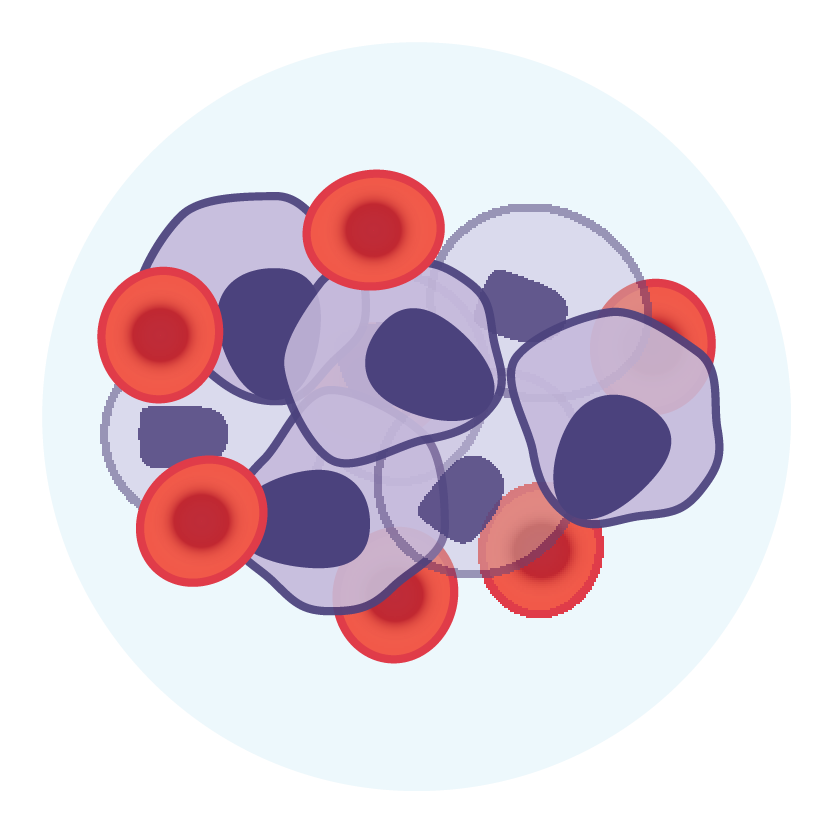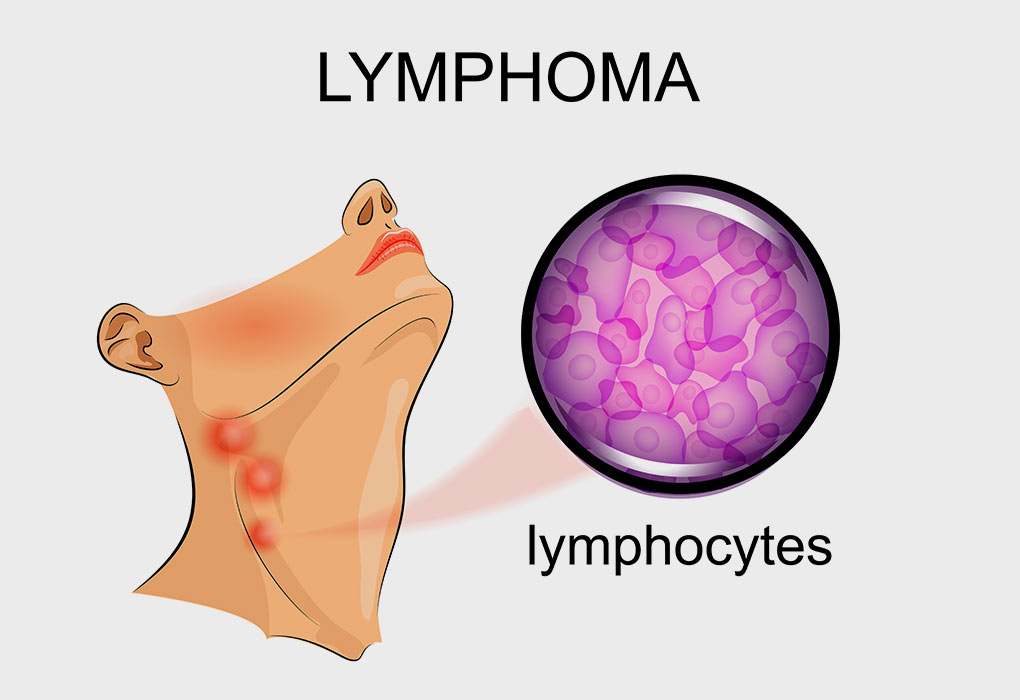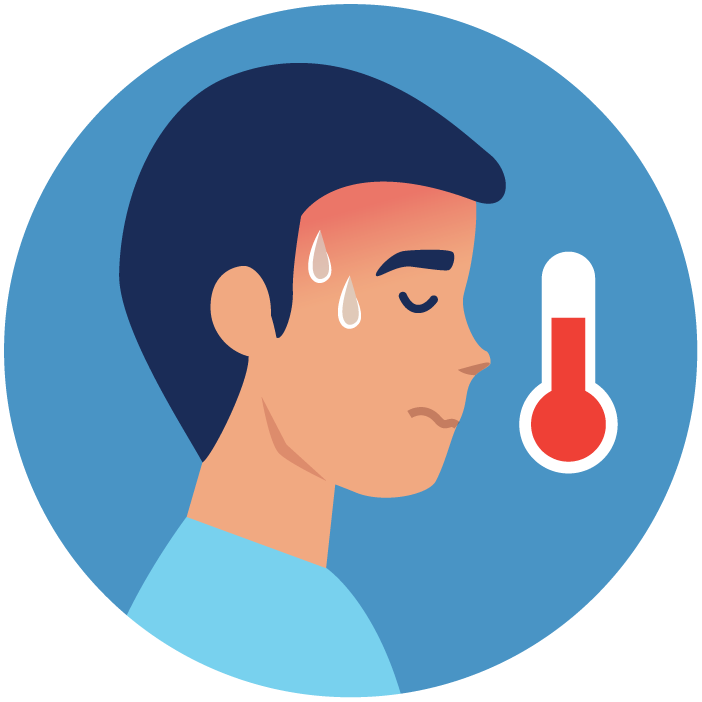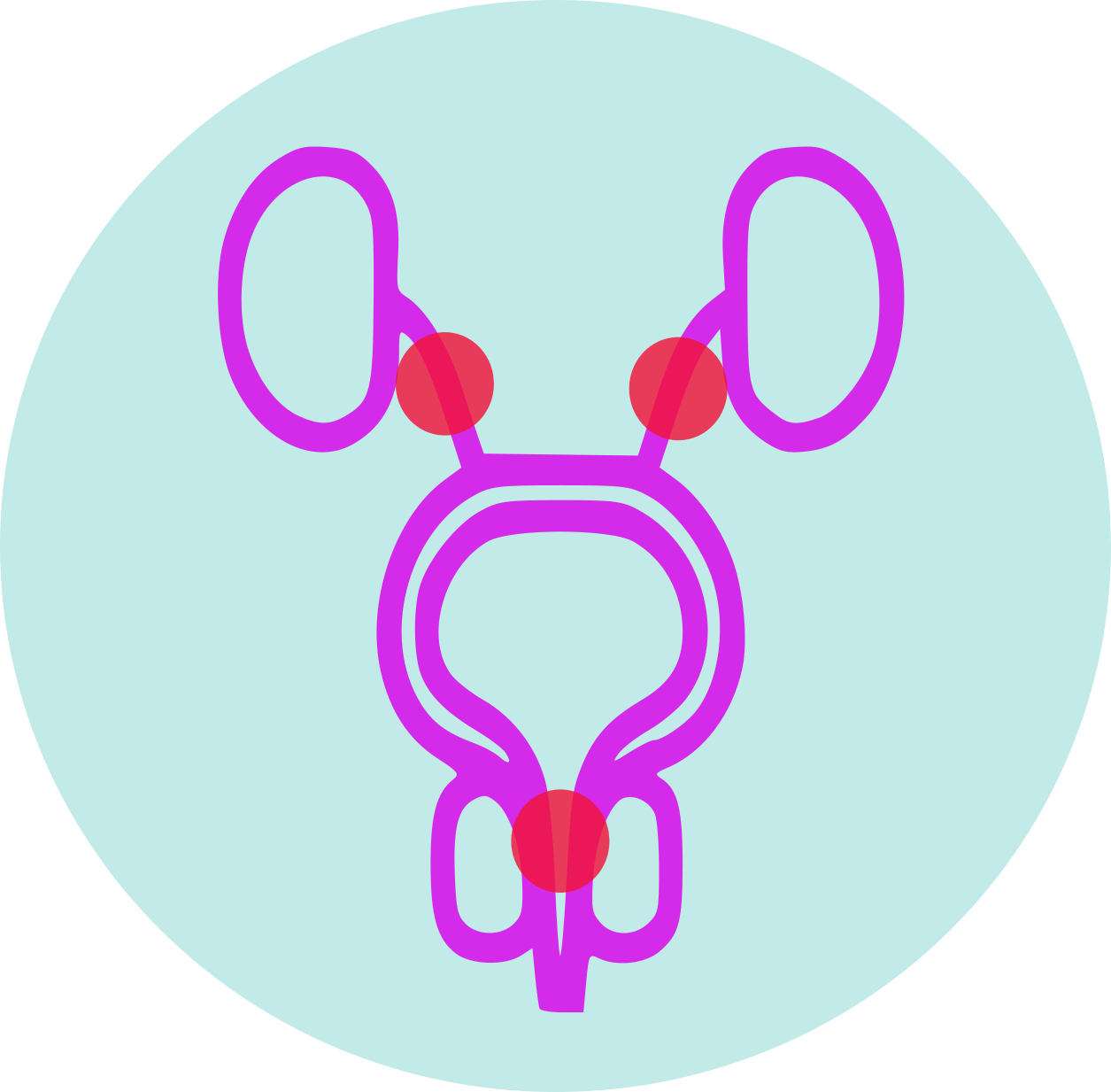| Name | Cyclophosphamide |
| Classes |
Anticancer/Antineoplastic Agent Alkylating Agent |
| Diseases |
Breast Cancer Cancer Leukemia Lymphoma Ovarian Cancer Tumor |
Cyclophosphamide
Cyclophosphamide is an anti cancer drug. It works by cross linking tumor cell DNA guanine base pairs that ultimately causes DNA damage. As a result tumor cells undergo apoptosis.
Cyclophosphamide is indicated for treatment of:
- Malignant lymphomas: Hodgkin’s disease, lymphocytic lymphoma, mixed-cell type lymphoma, histiocytic lymphoma, Burkitt’s lymphoma; multiple myeloma, leukemias, mycosis fungoides, neuroblastoma, adenocarcinoma of ovary, retinoblastoma, breast carcinoma.
- Minimal Change Nephrotic Syndrome in Pediatric Patients: biopsy proven minimal change nephrotic syndrome patients who failed to adequately respond to or are unable to tolerate adrenocorticosteroid therapy.
Malignant Diseases: Adult and Pediatric Patients
- Intravenous: Initial course for patients with no hematologic deficiency: 40 mg per kg to 50 mg per kg in divided doses over 2 to 5 days. Other regimens include 10 mg per kg to 15 mg per kg given every 7 to 10 days or 3 mg per kg to 5 mg per kg twice weekly.
- Oral: Usually 1 mg per kg per day to 5 mg per kg per day for both initial and maintenance dosing.
Minimal Change Nephrotic Syndrome in Pediatric Patients
- Recommended oral dose: 2 mg per kg daily for 8 to 12 weeks (maximum cumulative dose 168 mg per kg). Treatment beyond 90 days increases the probability of sterility in males
Adverse reactions most often associated with cyclophosphamide include
- neutropenia
- febrile neutropenia
- fever
- alopecia
- nausea
- vomiting
- diarrhea
- hemorrhagic cystitis
- Serious and occasionally fatal infections can result from severe immunosuppression. Hematological monitoring needs to be done regularly.
- Hematuria, pyelitis, ureteritis, and hemorrhagic cystitis can happen. Prior to treatment, rule out or treat any urinary tract blockages.
- There have been reports of myocarditis, myopericarditis, pericardial effusion, arrhythmias, and congestive heart failure, which can be deadly. Patients should be closely watched, especially if they have heart disease or risk factors for cardiotoxicity.
- Respiratory failure may result from pneumonia, pulmonary fibrosis, or pulmonary veno-occlusive disease. Check out for any lung toxicity symptoms in your patients.
- Can cause fetal harm. Advise female patients of reproductive potential to avoid pregnancy.
- Secondary malignancies may occur.
- Veno-occlusive Liver Disease - Fatal outcome can occur.
Contraindication
Cyclophosphamide is contraindicated in patients hypersensitive to the drug or any of it's components.
None known.
Cyclophosphamide is contraindicated in-
- patients with urinary outflow obstruction
- pregnancy
 Bangla
Bangla English
English